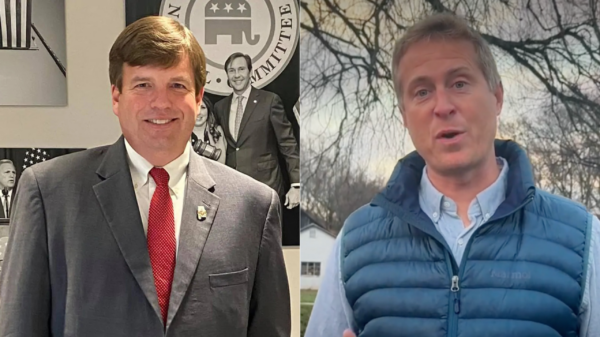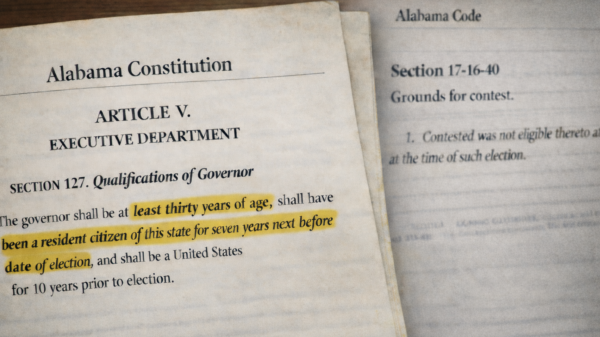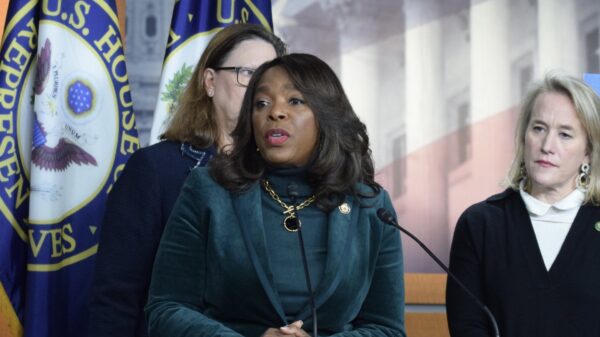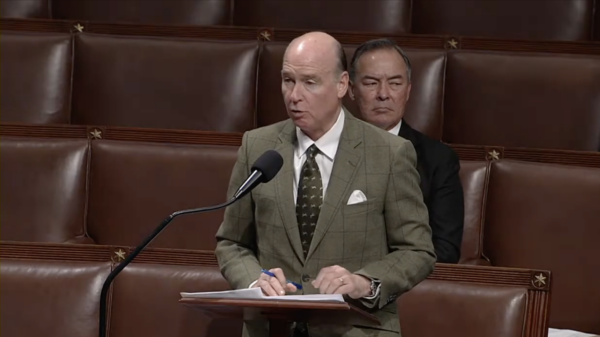By Bill Britt
Alabama Political Reporter
Recently the word has gone out that the “Republican women” are supporting legislation to further regulate small lenders and place a 36 percent cap on all loans.
In the political arena, there are often strange alliances created to accomplish a given task. Shay Farley, representing the Southern Poverty Law Center (SPLC), accompanied by Alabama Arise and other progressive advocacy groups has been joined by former Republican Representative-turned lobbyist Jay Love, representing the Community Action Association of Alabama, to limit or eliminate payday lenders, title lenders and others small loans. But what seems to be moving conservative lawmakers away from free enterprise toward a nanny-state legislation is the idea that Republican women have found common cause with these progressives under the banner of capping usury.
APR contacted Terry Lathan, Chair of the Alabama Republican Party, and Frances Taylor, President of the Alabama Federation of Republican Women (AFRW), to ask if the “Republican Women” were in fact advocating alongside SPLC or any other organization for legislation regarding payday lending or any type of small loans.
Lathan responded in a text stating, “The ALGOP has not spoken on this subject to the best of my knowledge.”
AFRW President Taylor responded by email with a definite answer: “The Alabama Federation of Republican Women (AFRW) has never coordinated with or met with the Southern Poverty Law Center (SPLC) or Alabama Arise and any statement to the contrary is false,” Taylor wrote. “The AFRW has never reviewed or endorsed any legislation presented by them or any representative of SPLC or Alabama Arise on Pay Day Lending or any other topics.” Taylor, a fiscal hawk, also took the Obama era Dodd-Frank Act to task for driving consumers to sketchy internet sites for small loans.
In the House, Rep. Bob Fincher (R-Woodland) is sponsoring a Constitutional Amendment that would cap “certain” loans at 36 percent interest. Fincher is joined by several Republican and Democrat lawmakers.
The bill reads in part, “No person should be subject to unconscionable interest rates authorized by government regulation. No church, charity, or community foundation should bear the burden of providing financial assistance because government-approved loan products are proven to be exploitive.”
Beyond the preachy language the bill appears to restrict all consumer lending. It reads, “The maximum interest rate a lender may charge an individual on a consumer loan, line of credit, or other financial product shall be 36 percent per annum, as defined by the Federal Reserve Board in Regulation Z of the Truth in Lending Act, and the Legislature may not by general or local law authorize an interest rate of more than 36 percent per annum.”
Fincher’s bill doesn’t seem to fully address what “certain loans” means.
A Republican House members when confronted with the fact that official GOP women’s groups do not endorse this legislation (which he thought they did) he said, “Capping usury laws is a good thing.”
Effective July 21, 2011, the Truth in Lending Act’s authority on general rule making was transferred to the Consumer Financial Protection Bureau (CFPB), whose authority was established under Dodd–Frank Wall Street Reform and Consumer Protection Act in July 2010.
Republican President Donald Trump has already signed a directive aimed at overturning the Dodd-Frank Act.
Like President Trump, AFRW head Taylor believes this is the real place to begin reforms.
APR spoke with Love briefly. Farley did not return our call.




















































You must be logged in to post a comment Login